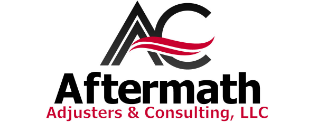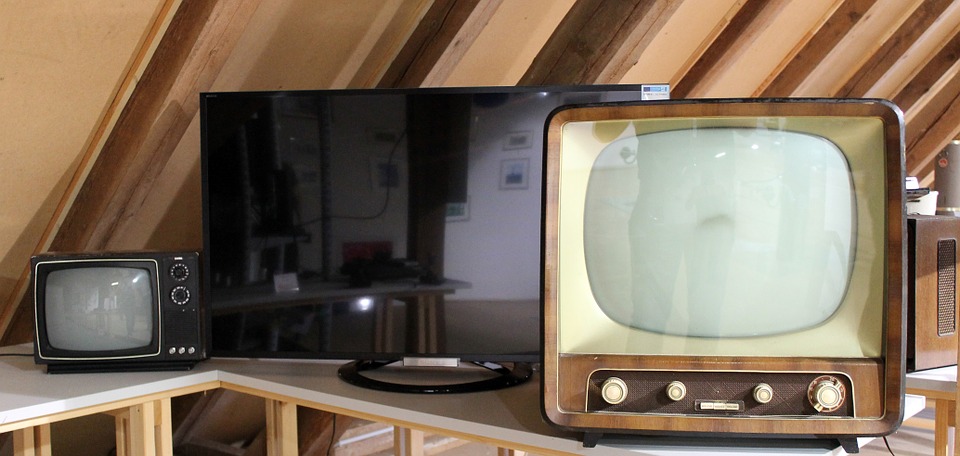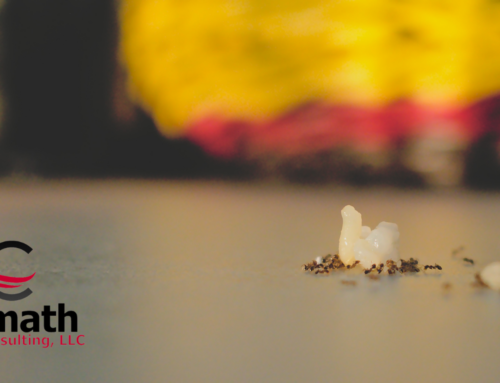When taking out a homeowner’s policy, you can choose between two main types: Actual Cash Value (ACV) and Replacement Cash Value (RCV). This blog will explain the differences between the two and how each could affect you in case of a claim.
The Difference is Depreciation
When you have damage to your property, your insurance company must your covered losses. They will provide you with a check to pay for indemnity.
Indemnity states that your property has to be restored to what it was before the damage. Essentially, your property needs to feel like it did before the incident.
As the policy owner, you should not be profiting from the insurance company. Indemnity should pay for your loss, but not more than your loss.
The question becomes this: How does an insurance company pay to replace a 15-year-old HVAC system destroyed in a storm? Will you be paid the same thing you would have been paid if the HVAC unit was just 1-year-old? That depends on whether your have ACV or RCV coverage.
Actual Cash Value
Actual cash value is simply the cost it takes to replace an item minus depreciation. In other words, how much would it cost in today’s dollars to replace the item reduced by the amount the item is now worth due to age and the useful life of that item.
Replacement Cash Value
Replacement Cash Value, on the other hand, does not take into consideration the age of the item. If a refrigerator is 15 years old and costs $1,000 to replace, you will get $1,000. The same would be true if the refrigerator were one month old or 40 years old. There is no depreciation.
An Example
Let’s assume that you have a 45-year-old house. You have a house fire with $50,000 in replacement cost damages. This means that repairing your house to the condition it was before the fire will take $50,000.
If you have ACV coverage, the insurance company will deduct depreciation from that $50,000. We’ll say that the depreciation amount is $10,000. This means that you will receive a payout of $40,000 to make $50,000 worth of repairs. You will not get any money for the depreciated portion of your home.
On the other hand, if you have RCV insurance, you will be able to get the entire $50,000 because the insurance company will not factor in depreciation.
ACV Policies Are Less Expensive
The biggest reason that homeowners take out ACV policies is that they are less expensive. However, in the case of an incident, they are likely to pay out less as well.
As you compare insurance policies, be sure that you are comparing ACV to ACV and RCV to RCV. Also, consider whether paying a bit more for RCV so that you can recapture depreciation, it’s worth the cost. In many cases, with a substantial claim, a replacement cash value policy will pay for itself.
Public Adjusters Can Help
If you have an ACV policy and feel that your insurance company is taking off too much for depreciation, a public adjuster may be able to help. A company like Aftermath Adjusters & Consulting can help lower overly aggressive depreciation values.
No matter what kind of policy you have, Aftermath Adjusters can help you with your insurance claims, potentially helping you to receive thousands of dollars owed to you. Call us today.









